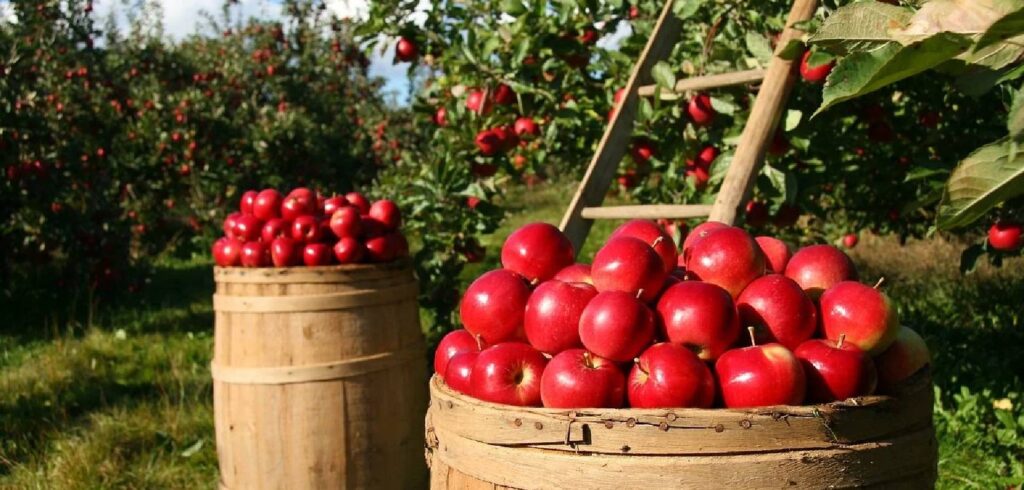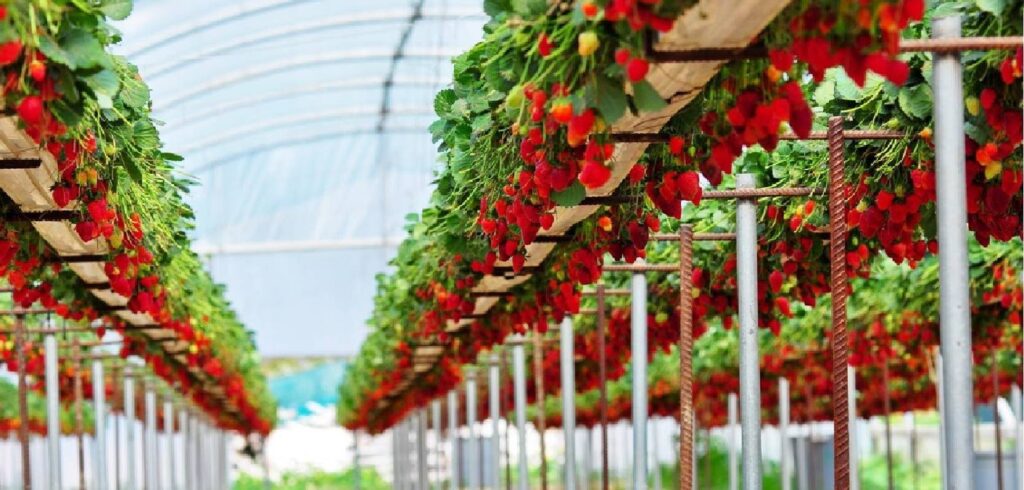
Agriculture is the backbone of the global economy and provides food for a growing population. In the midst of demands to increase production, it is important for farmers to adopt strategies that not only produce quality results but are also environmentally and economically sustainable
One important strategy in increasing agricultural production is the use of modern technology. Modern agricultural technology can help increase crop productivity, reduce production costs, and improve the quality of harvests. This technology includes irrigation technology, pest and disease control technology, and fertilization technology. Apart from modern technology, infrastructure development is also very important to increase agricultural production. Good infrastructure such as roads, electricity networks and the internet can help reduce transportation costs and enable farmers to access necessary information such as prevailing market prices and the latest agricultural technology.
Digital Technology for Precision Agriculture
One of the keys to success in achieving quality agricultural results is through the use of digital technology. Sensors, drones and other smart devices can provide precise data about soil conditions, moisture and plant health. With this information, farmers can optimize the use of resources, such as water and fertilizer, to achieve maximum yields.
Organic and Sustainable Farming Practices
Organic farming not only emphasizes healthy end results for consumers, but also the balance of the ecosystem. Organic plants are usually grown without the use of chemical pesticides and synthetic fertilizers. This practice not only creates more natural and delicious agricultural products, but also supports environmental sustainability
Crop Diversification for Resilience and Sustainability
Relying on just one type of plant can increase the risk of certain pests and diseases. Therefore, crop diversification is a smart strategy to achieve quality and sustainable agricultural results. Diverse crops not only create resilience to risk, but can also increase overall land productivity
Farmer Education and Training
Farmers’ knowledge of the latest agricultural practices and innovations is essential. Education and training programs can help farmers understand and adopt the best strategies to achieve quality and sustainable yields. This includes training in the application of new technologies, wise resource management, and organic farming practices
Farmer Partnerships and Networks
Joining farmer partnerships and networks can provide huge benefits. The exchange of information, experience and resources can strengthen agricultural communities and support efforts to achieve better results. This partnership can also create opportunities for joint marketing and more efficient distribution of agricultural products

Improving the quality of human resources in the agricultural sector is also a key factor in increasing productivity and quality of crop yields. Increasing education and training for farmers, as well as the government’s role in providing financial assistance to improve farmers’ abilities, can help improve farmers’ skills and promote modern agricultural technology. In addition, it is also important to promote the development of cooperatives and marketing of agricultural products. Agricultural cooperatives can help farmers access capital and other resources and enable them to earn greater profits through selling their crops together. Meanwhile, marketing promotions for agricultural products can help increase selling prices and profits for farmers. In conclusion, the government needs to prioritize agricultural development and implement the strategies mentioned to increase productivity and quality of harvests. By increasing agricultural production, it will have a positive impact on the national economy and improve people’s welfare
